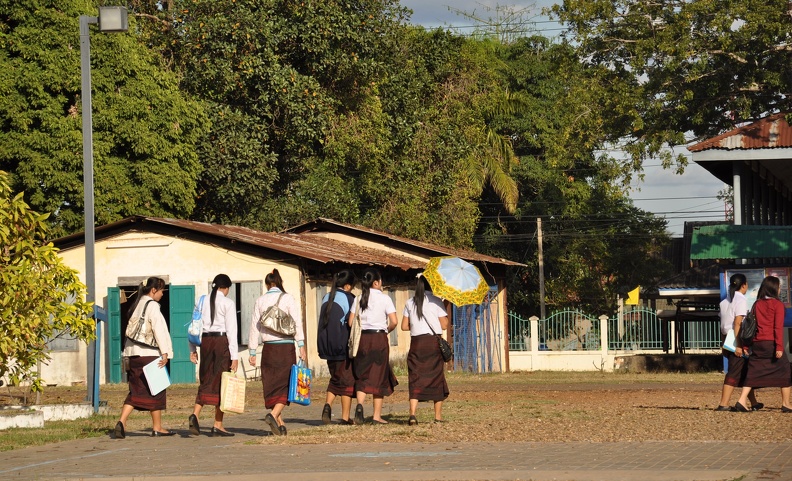Date: Tuesday, May 28th
Time: 17:00-19:00
Venue: Think Lounge (upstairs in the Think Corner, Yliopistonkatu 4, 00100 Helsinki
Event description:
The collision between mining and indigenous lifeways is heating up in the Nordic region. Permits are currently pending to expand mineral extraction in Sápmi, the Artic region spanning four national governments (Finland, Norway, Russia and Sweden), which is home to indigenous Sami peoples. Mining has already increased in the Barents region of Sápmi, and likely to soon be in issue also in Finland. How this collision is managed over the next decades may well be decisive for the future of indigenous lifeways in the Artic.
Meanwhile, similar collisions, with similar stakes, are raging also elsewhere in the Arctic (and across the globe). The localized responses of indigenous peoples around the world to the pressures of mining are widely diverse, and take place in hugely complex configurations. This public event will bring together and engage representatives from various stakeholder groups and sectors, including the mining industry, indigenous peoples, government, and civil society organizations – with experiences and examples shared also from other regions in the Arctic (Canada, Sweden, Norway, Greenland). What can we in Finland learn from experiences elsewhere in the Arctic, so as not to repeat the same mistakes? How does Finland’s mining law meet these and other challenges? What would be the impact of the Comprehensive Economic and Trade Agreement (CETA) (between the EU and Canada) on Europe’s only indigenous people, based on experiences elsewhere? Who has the final rights and power to veto or approve a mining claim on Sámi territory?
With this panel discussion, we hope to evoke the complexity and messiness of real-world processes, whilst finding conflict-free ways forward. The aim of the event is to give space to reflection on the experiences and accomplishments of evolving political strategies from a comparative perspective.
17.00-17.05 – Welcome and Opening Words – Jeremy Gould, Professor Emeritus in Anthropology, University of Helsinki
17.05-17.15 – What does research have to say about the legal rights, processes and impacts of new mining ventures on indigenous territory? A brief overview summarizing findings and discourse in the scientific literature – Mark Nuttall,
Professor and Henry Marshall Tory Chair of Anthropology, University of Alberta, Canada
17.15-18.00 – PANEL DISCUSSION
Moderator: Aili Pyhälä, Adjunct Professor, Lecturer in Development Studies, University of Helsinki
Panelists:
Mark Nuttall – Professor of Anthropology, University of Alberta, Canada
Anne Nuorgam – University of Lapland; Member of Saami Parliament (Finland)
Terho Liikamaa – Director of TUKES Mining Centre
Heta Heiskanen – PhD, Tampere University, ALL-YOUTH STN project
Päivi A. Karvinen –Finnish Ministry of the Environment
18-00-19.00 – Q&A – from the floor
